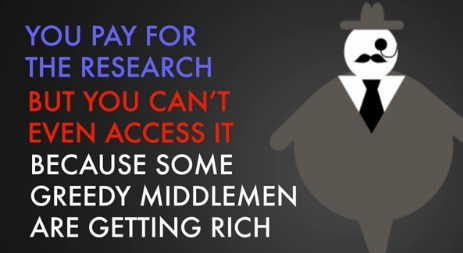I’ve been getting over a nasty flu just on the backside of the MIT Mystery Hunt so I’ve been a little scarce. I also pretty much slept through most of the Inauguration festivities yesterday. However, I didn’t need to listen to speeches or see record crowds to know that some things are changing. I think Obama is as fallible as the next human being, but I’ve been encouraged at a few of the things that have happened this week, some intentional, some coincidental.
The first is Obama’s immediate revocation of Executive Order 13233, an order by the Bush administration that, according to the National Coalition for History, “severely limited access by the public to presidential records” You can read the offical text of the order on the revamped Whitehouse.gov which I recommend a look at.
The second good news this week was the Supreme Court declining to review “a Third Circuit Court decision last July striking down the Child Online Protection Act of 1998.” In other words, COPA was struck down by a US District judge, a decision which was upheld by the Third Circuit Court of Appeals and then contested by the Bush Administration to the US Supreme Court who, this week, refused to hear it. You can read the timeline yourself on Wikipedia. The Supreme Court’s failure to act is pretty much the death knell for COPA, a law that never took effect. While not as applicable to libraries as CIPA, the law itself does touch on whether or not restricting or prohibiting materials as “harmful to minors” is itself a problematic restriction on speech. U.S. District Judge Lowell Reed commented “perhaps we do the minors of this country harm if First Amendment protections, which they will with age inherit fully, are chipped away in the name of their protection.”

